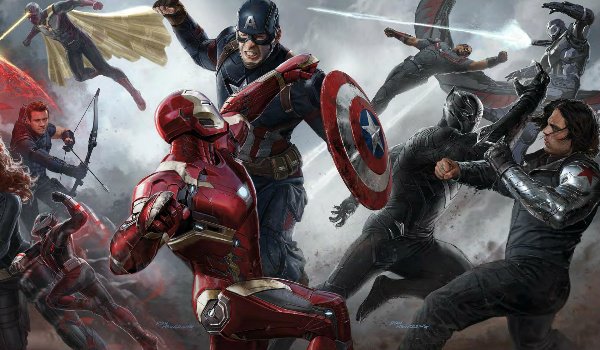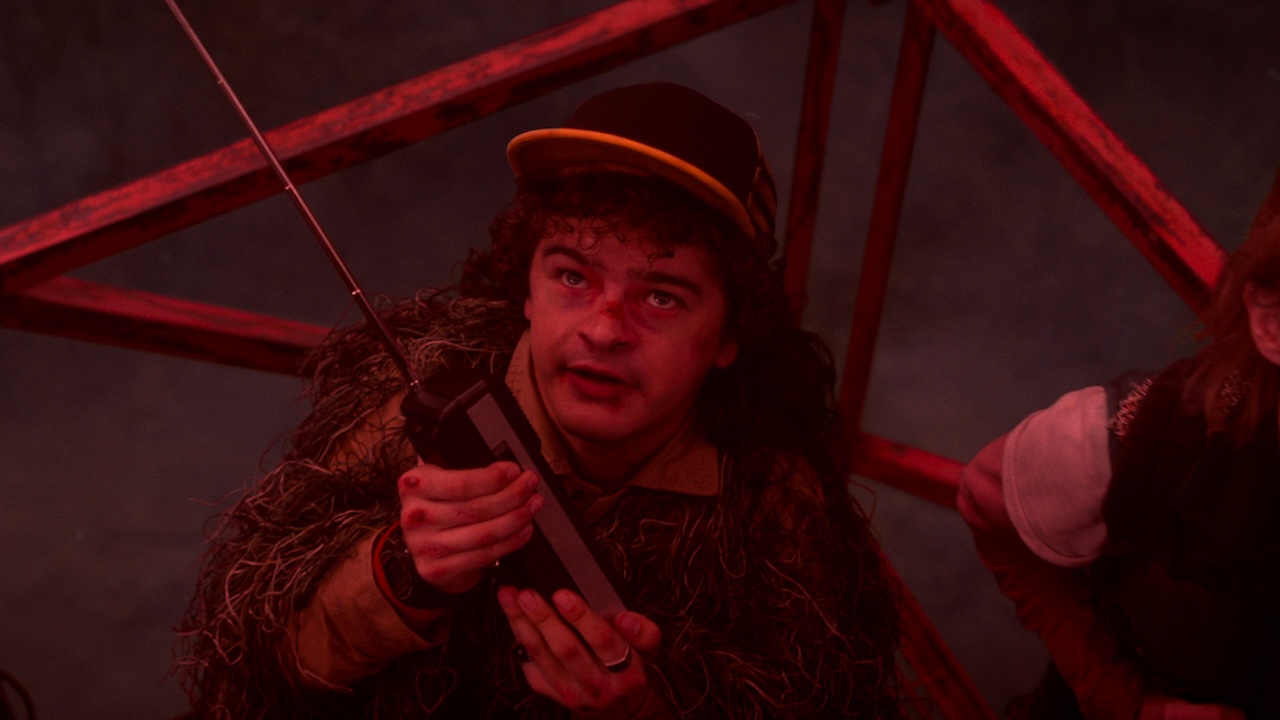How Avengers: Infinity War's Writers Plan On Juggling All Their Necessary Characters

Joe and Anthony Russo’s Captain America: Civil War features more Marvel heroes than any franchise film before it – but when you boil it down, the film is ultimately a story about its titular character (as it should be). As the directors and writers Christopher Markus and Stephen McFeely head towards The Avengers: Infinity War, however, it becomes a completely different ball game. Despite the number of characters, the audience will go into the movie expecting the entire ensemble to shine in the two-part blockbuster, and that puts a completely different kind of pressure on it. So how are the filmmakers dealing with it? Basically by treating it as though it’s Nashville.
Christopher Markus and Stephen McFeely directly referenced the Oscar-winning Robert Altman film when I talked with them on the phone earlier this month, discussing how they are handling the challenge of perspective in The Avengers: Infinity War. I asked them how the experience of building the narrative was different from Captain America: Civil War in terms of making sure that it’s really everyone’s story, and they explained that the trick is to break it down into smaller stories with particular characters that operate within the larger plot that’s unfolding. Said McFeely,
In order to have multi-perspective storytelling, Joe Russo keeps referencing Nashville - a number stories going on. It means that each of those stories will probably have a lead protagonist, so that we are not cutting back to 20 people, or even if we’re cutting back to 5 people, you’ll think of it as this person’s story, that person’s the leader. Just because you’ve got to. As you noticed in Civil War, there are probably 15 different arcs. Some are very big and have many parts to them, and some are very small. We have to apply the same rubric here. Some people are going to have small arcs. Some people have bigger ones, so I guess that means, you cut back to the bigger ones more often.
Adding to the point, Christopher Markus noted that one asset that they have is the fact that they have two full blockbusters to tell their story with The Avengers: Infinity War, and characters that don’t necessarily pop out in the first movie can get their big moment in the spotlight in movie number two. Of course, having such a long runtime between both films means that there is extra pressure to not just focus on one hero. Said the writer/producer,
We have two movies to play with, and we can pull people from the background into the foreground for one movie, and we can keep changing that focus. If it’s four hours of Steve Rogers in the two Avengers movies, people are going to go, ‘You didn’t really take advantage of your cast.’ So it’s incumbent upon us to keep moving the point of view a little bit.
Juggling a large ensemble and making everyone’s voice heard was something that Joss Whedon did very well with both Avengers movies thus far, but obviously Infinity War presents a completely different ballgame considering they are balancing around 70 different characters in the action. That being said, after the success of Captain America: Civil War, the Russo brothers, Christopher Markus and Stephen McFeely, and Marvel have all of our trust.
Your Daily Blend of Entertainment News

Eric Eisenberg is the Assistant Managing Editor at CinemaBlend. After graduating Boston University and earning a bachelor’s degree in journalism, he took a part-time job as a staff writer for CinemaBlend, and after six months was offered the opportunity to move to Los Angeles and take on a newly created West Coast Editor position. Over a decade later, he's continuing to advance his interests and expertise. In addition to conducting filmmaker interviews and contributing to the news and feature content of the site, Eric also oversees the Movie Reviews section, writes the the weekend box office report (published Sundays), and is the site's resident Stephen King expert. He has two King-related columns.
